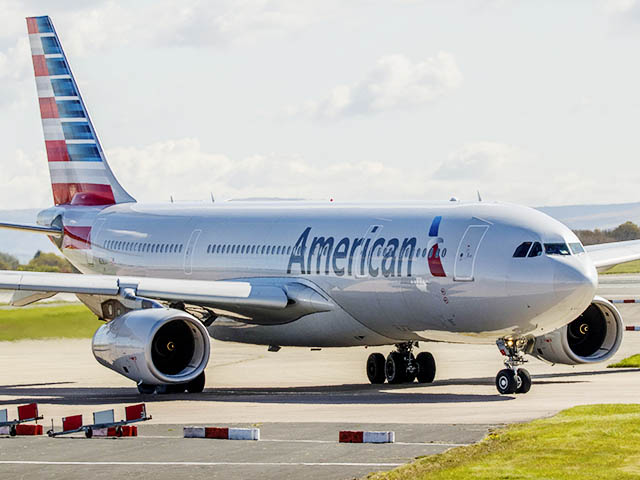The long-running class action lawsuit against American Airlines over allegedly toxic employee uniforms has hit a major setback, as a federal judge has officially scuttled the bellwether trials scheduled for this summer.
U.S. District Judge John J. Tharp Jr. granted summary judgment in favor of American Airlines Inc. and Twin Hill Acquisition Co. Inc., the manufacturer of the disputed uniforms, ruling that the plaintiffs failed to provide sufficient expert evidence linking the uniforms to their alleged health symptoms.
The American Airlines toxic uniforms lawsuit, filed in 2017, claimed that a 2016 uniform rollout caused thousands of airline employees—including pilots, flight attendants, and customer service agents—to suffer from skin rashes, respiratory issues, throat swelling, and other symptoms. However, Judge Tharp concluded that expert testimonies presented by the plaintiffs lacked scientific reliability and failed to demonstrate a plausible causal link between the uniforms and the reported ailments.
In his 45-page opinion, Judge Tharp dismissed the analyses provided by toxicologist Dr. Arch Carson and textile expert Peter Hauser, citing a lack of peer-reviewed data, test results, or credible methodology. He noted that the experts were unable to identify any specific chemical compound capable of causing the symptoms reported, nor did they adequately consider alternative causes.
“The plaintiffs cannot prevail on any of their claims without first proving by a preponderance of the evidence that they were exposed to uniforms containing harmful defects,” Judge Tharp wrote. “That baseline requirement is dispositive in this case.”
The ruling impacts six bellwether plaintiffs whose cases were slated for trial in June and July 2025. The decision effectively removes those trial dates from the court calendar and delivers a significant blow to the plaintiffs’ efforts to certify a broader class action.
Intertek Scientific & Regulatory Consultancy, retained by American Airlines, previously conducted testing on the uniforms. Their findings indicated that while some chemicals had potential as skin irritants or allergens, the levels and exposure scenarios did not support a causal connection to the health complaints.
The lawsuit had named multiple defendants, including American Airlines’ parent company, subsidiaries PSA Airlines Inc. and Envoy Air Inc., as well as Twin Hill Acquisition Co. Inc. and its affiliate Mi Hub Ltd. The remaining claims included allegations of battery, intentional infliction of emotional distress, and both strict and negligent product liability.
Legal teams for both sides were unavailable for comment as of Friday.



